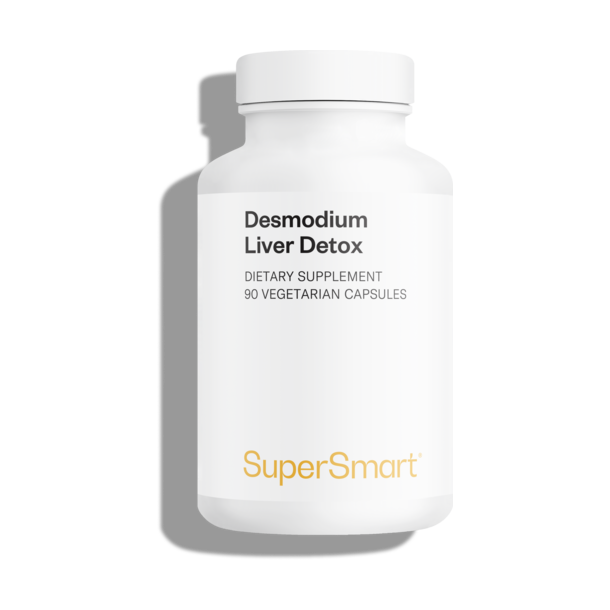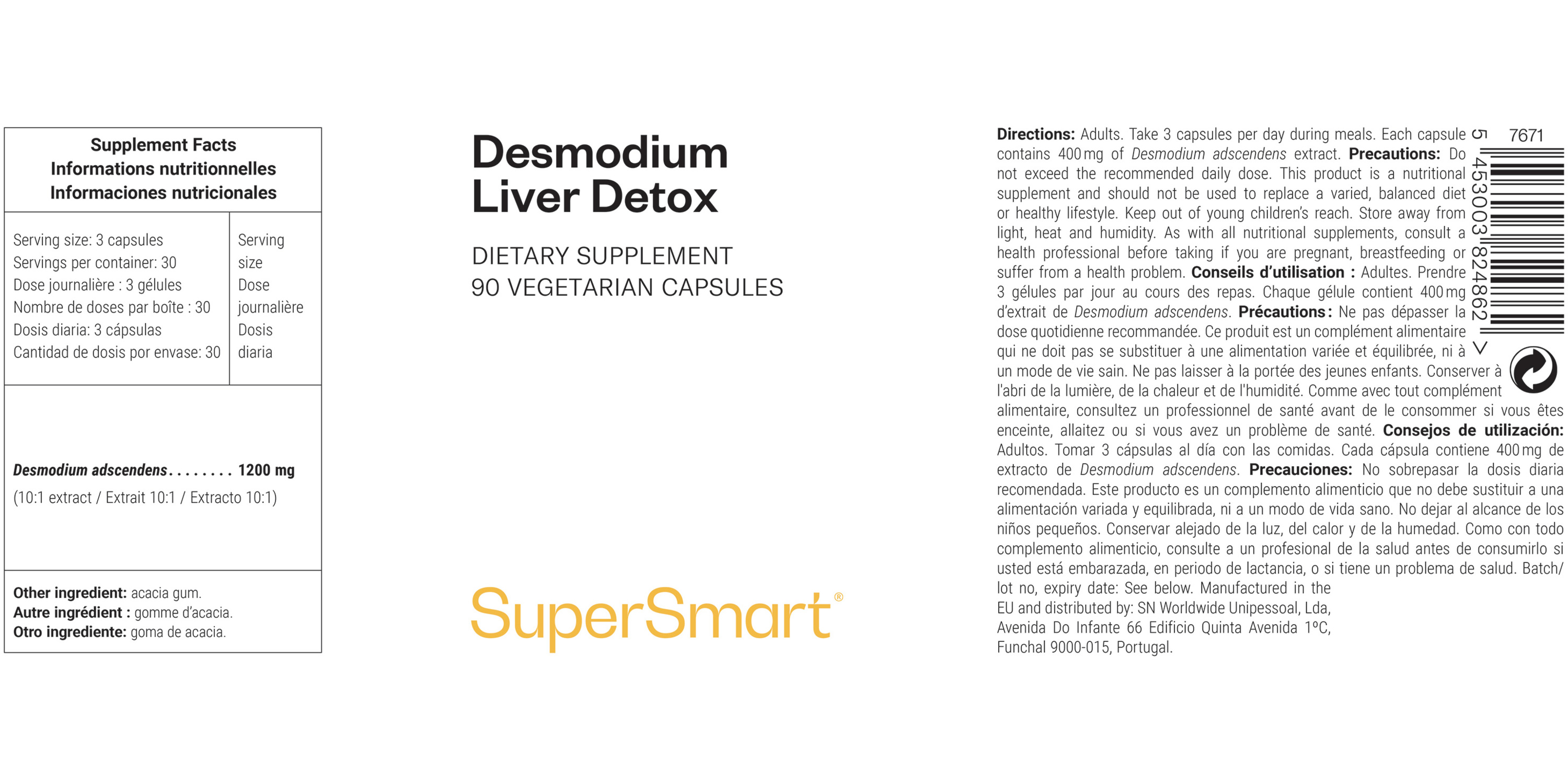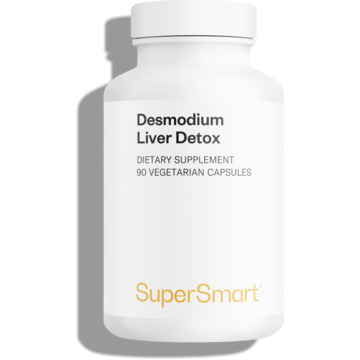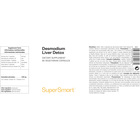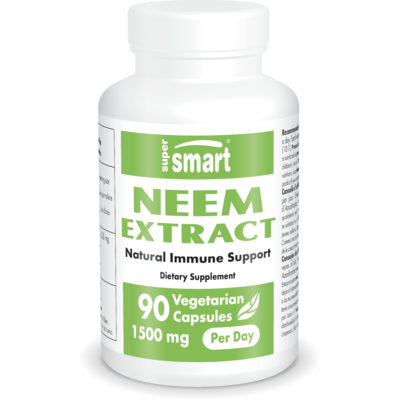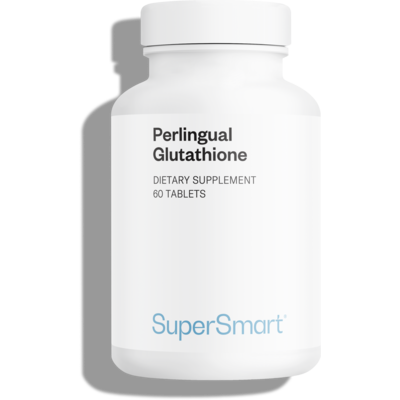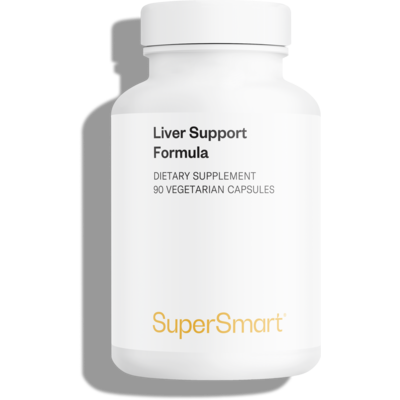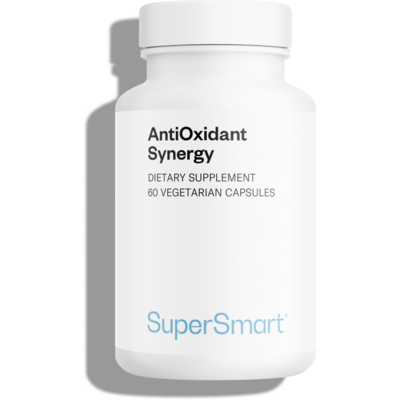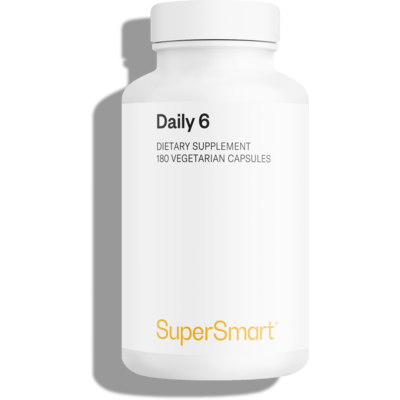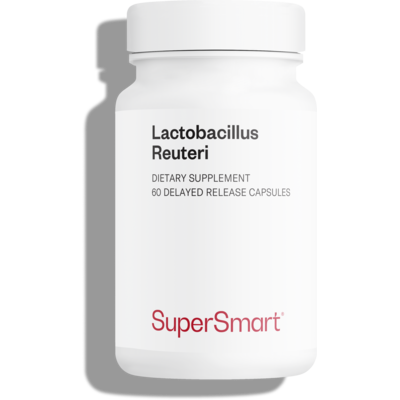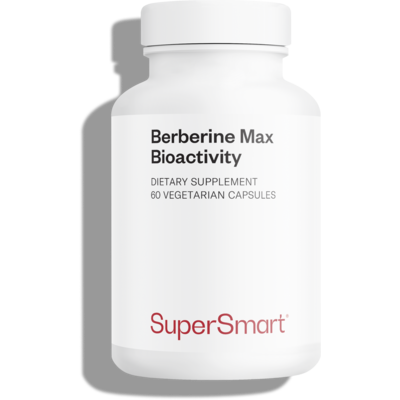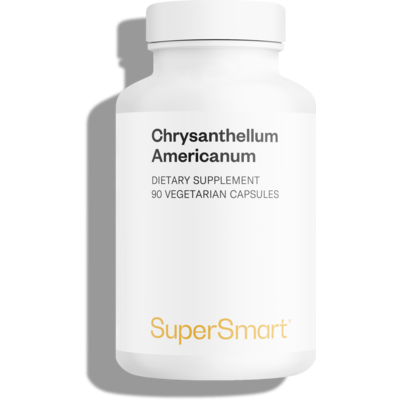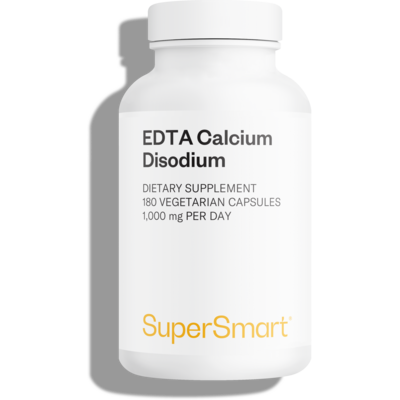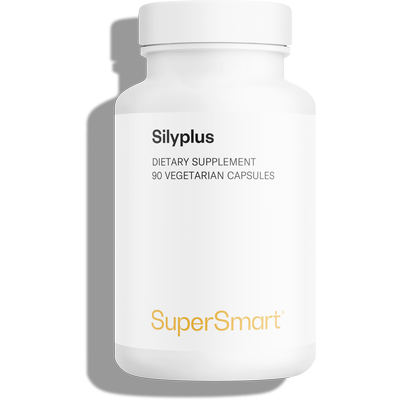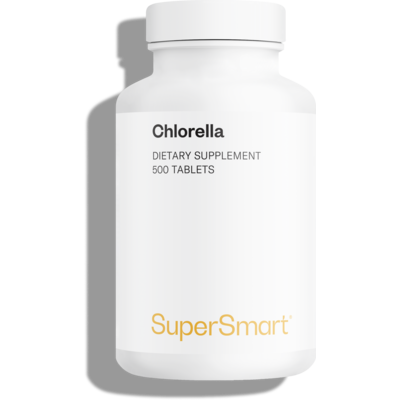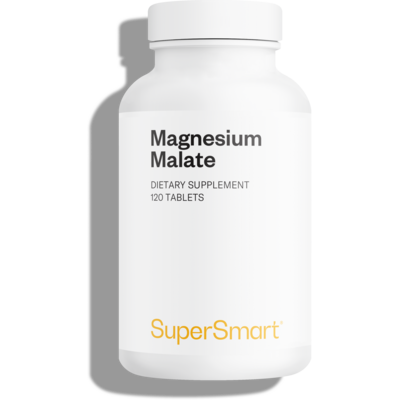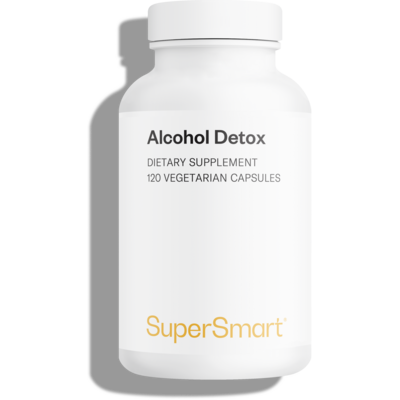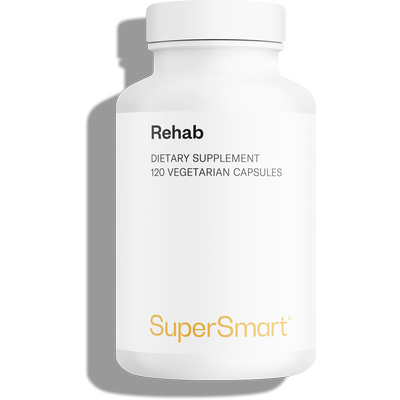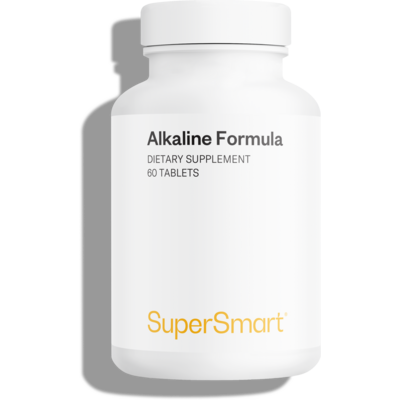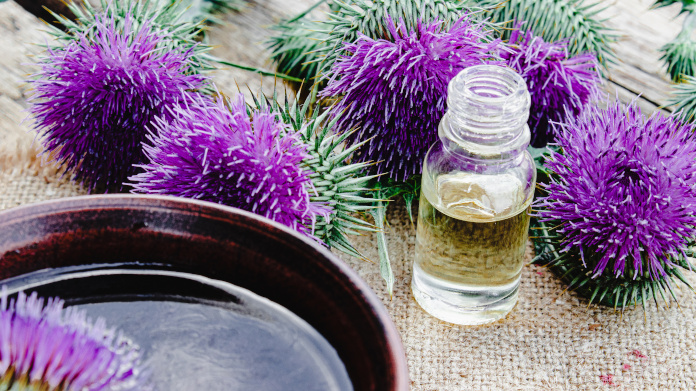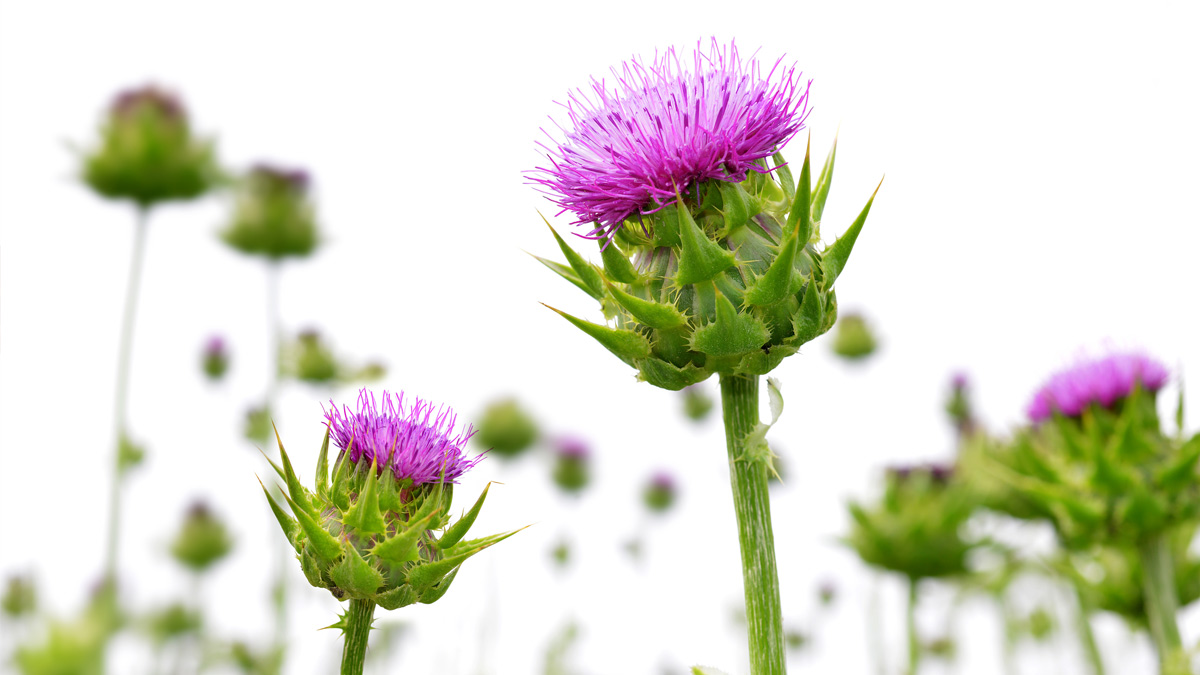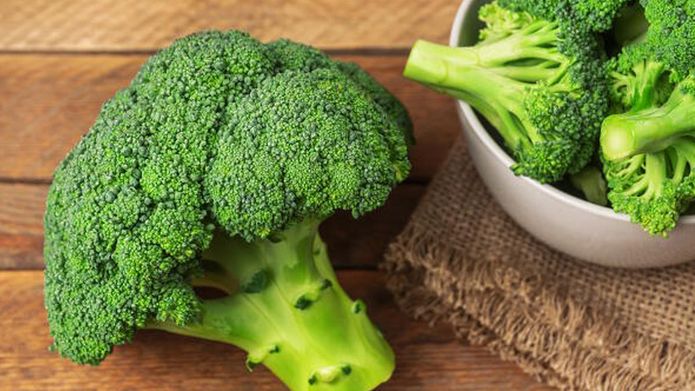
Desmodium Liver Detox
Desmodium Hepatoprotective Nutritional Supplement for Liver Health
Create Your Offer
Desmodium Liver Detox is a dietary supplement containing desmodium (Desmodium adscendens), a medicinal plant which, with its hepatoprotective and detoxifying properties, has long been used in West Africa for supporting liver health.
It is part of our Liver and Detoxification category.
Desmodium Adscendens: An Invaluable Remedy from the African Pharmacopeia
Desmodium adscendens is a herbaceous creeping or climbing plant from the Fabaceae family, native to West Africa. Growing wild in tropical African and South American forests, it likes to wrap itself around cacao and oil palm trunks. Its thin, hairy stems bear trifoliate, clover-like leaves, though the central pinnule is larger than the other two. It is these aerial parts – the stems and leaves – which are used in phytotherapy (infusions, capsules, powders, drinkable solutions in vials, etc.).
Cameroonian healers were quick to identify its therapeutic properties, making abundant use of them to treat jaundice and viral hepatitis. In Ghana, it was particularly valued as an antispasmodic, for controlling muscle contractions in the lungs during asthma attacks (1). It was also used for treating sudden allergies (such as digestion-related reactions) (2).
It was only in the 1970s that desmodium became popular in France, under the initiative of Dr Pierre Tubéry and his wife. Their experience working in a Cameroonian clinic had enabled them to witness first-hand its impressive effects on liver problems.
What are Desmodium’s Benefits for Liver Health?
Desmodium adscendens benefits from a combination of several bioactive compounds: saponosides (soyasaponins I and III, dehydrosoyasaponin I, etc.), flavonoids (vitexin, isovitexin, rutin, etc.), cyclitols (including D-pinitol), isoquinoline alkaloids, anthocyanosides, and tryptamine derivatives (3). With this exceptional synergy, desmodium exerts targeted action on the hepatic system via various mechanisms:
- Shielding against hepatotoxicity. A number of studies have confirmed desmodium’s effects in protecting liver cells (hepatocytes) from infection- or toxin-induced attack. One trial on rats noted better prevention of ethanol-induced liver damage following administration of desmodium decoctions, a benefit attributed to its content of D-pinitol (4).
- Supporting liver cell regeneration. Several of desmodium’s active ingredients appear to stimulate hepatocyte regeneration and promote regrowth of damaged liver tissue.
- Cleansing the liver. Desmodium is a plant favored by naturopaths for helping the liver to fulfill its emunctory (or elimination) function. It is therefore recommended when the seasons change and as part of detox programmes for naturally 'unclogging' hepatic cells.
- Defending against ROS. Desmodium's polyphenolic compounds are attracting keen interest from the scientific community, with studies focusing on their ability to trap unstable molecules called ROS (reactive oxygen species), excess numbers of which precipitate cellular aging (5).
WARNINGS
Do not exceed the recommended daily dose. This product is a nutritional supplement and should not be used as a substitute for a varied and balanced diet or a healthy lifestyle.
STORAGE
Store in a cool, dry place away from direct sunlight, heat, and humidity. Keep out of reach of children.
PREGNANCY AND MEDICAL CONDITIONS
If you are pregnant, breastfeeding, or have any medical conditions, consult your healthcare provider before using this product.
SUPPLEMENT INTERACTIONS
Consult your healthcare provider before use, especially if you are taking any medications or other supplements as there may be potential interactions.
september 7 2021
I purchased this supplement to treat liver problems and found all it's health claims to be true as stated. My only complaint is how fast the potency declines after opening. Otherwise I love this supplement.
Need Help?
Phone Number
+1 (786) 522-3907
From 9 am to 6 pm (EST)
Email Address
You May Also Like

